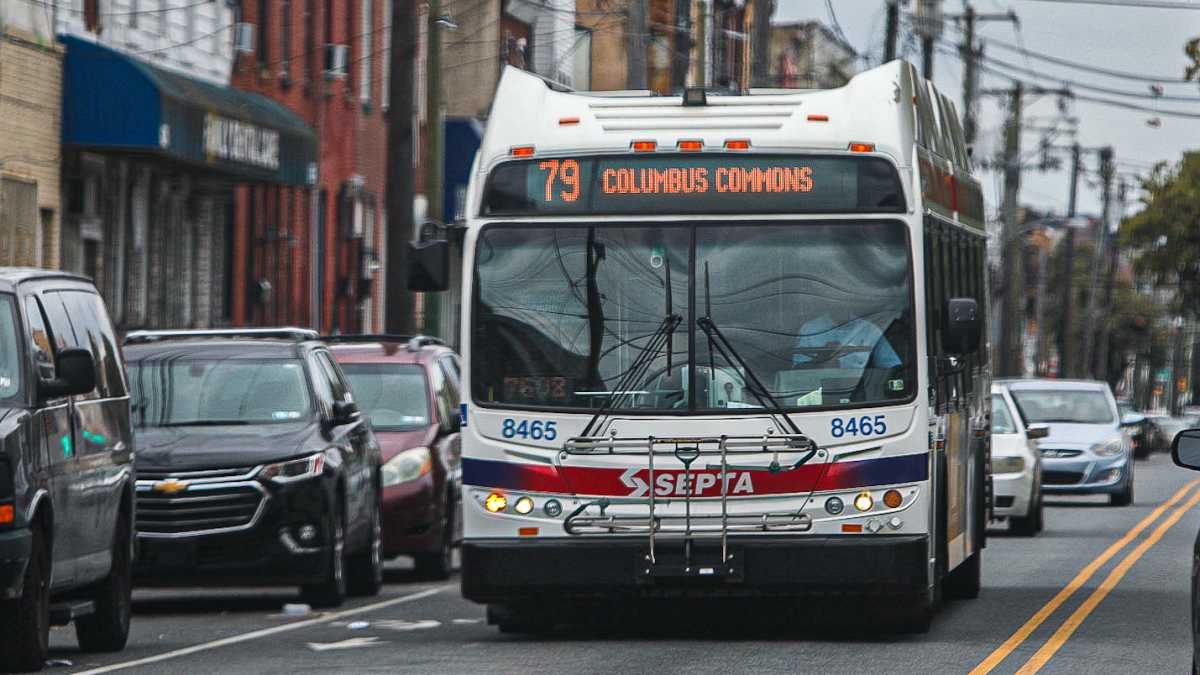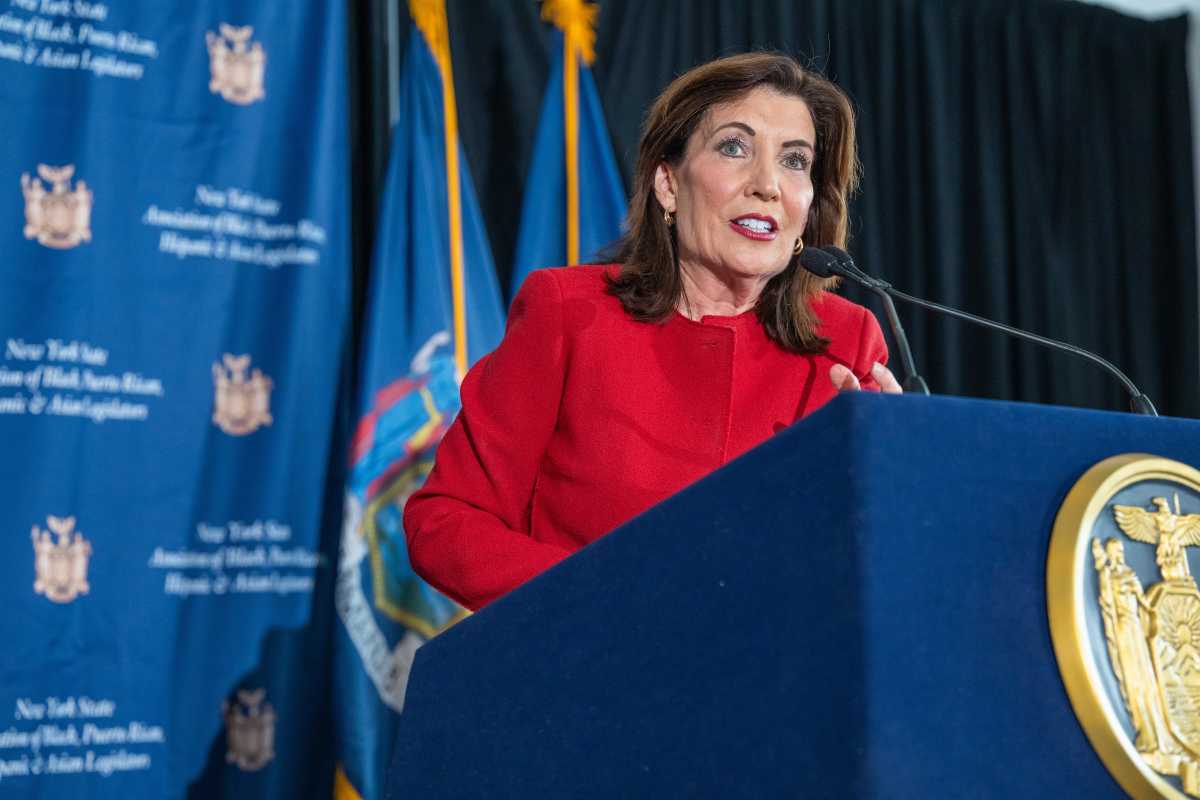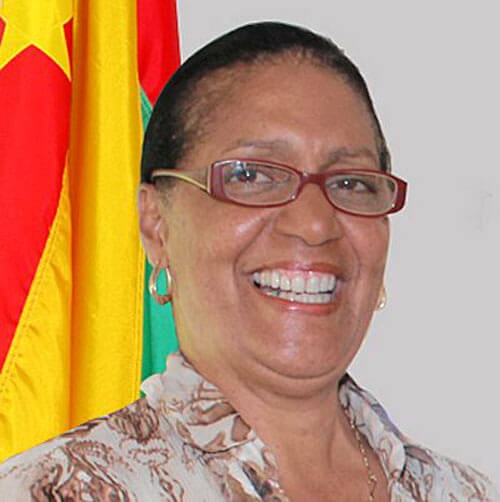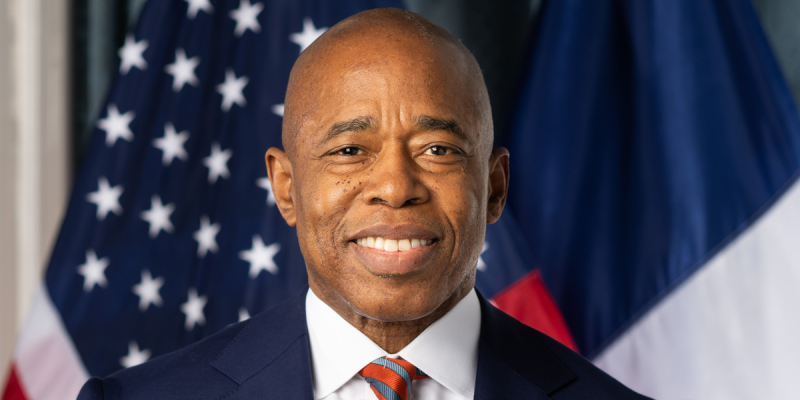BRASILIA (Reuters) – Brazil’s Economy Minister Paulo Guedes said on Wednesday he had reached agreement with Congressional leaders on modernizing the country’s complex tax system next year and one option could be taxing on-line transactions.
Brazil has brought its snowballing public debt under control with reform of the costly pension system and spending cuts, he said, while interest rates are at record lows after the central bank cut its benchmark Selic rate to 4.50% on Dec. 11.
Speaking to reporters on GloboNews channel, Guedes said foreign financial capital outflows are not a concern and quite normal now that Brazilian interest rates are less attractive.
Servicing Brazil’s public debt will cost 100 billion reais ($24.5 billion) less each year due to lower interest payments, the minister said.
The government will speed up the privatization of state companies and boost investment in infrastructure, be it roads, port, railways and airports, he added, forecasting GDP growth of 2.5% next year.
Guedes said Brazil’s Congress was backing his reform program and overhaul of the burdensome tax system will advance next with agreement to merge two bills already being debated by lawmakers with the government’s proposals.
He met earlier with the leaders of both chambers of Congress, Speaker Rodrigo Maia and Senate head Davi Alcolumbre, and they agreed to set up a committee on Thursday that will work to reconcile the different proposals within 90 days.
The government wants to introduced a federal value added tax that would eventually be adopted by states and town councils.
Guedes said resurrection of the unpopular tax on financial transactions known as CPMF was out of the question and strongly opposed by President Jair Bolsonaro.
Instead, a tax on digital transactions is being studied, Guedes said, but he gave no details.
Treasury Secretary Mansueto Almeida, speaking alongside Guedes at a news conference, said he expects Brazil to be upgraded by credit rating agencies next year due to the improving debt situation.
With low interest rates, early repayment to the Treasury of transfers to development bank BNDES and the proceeds from the sale of state companies, Brazil’s gross public debt will end this year at about 77.2% of gross domestic product, he said.
(Reporting by Marcela Ayres and Anthony Boadle; Editing by Jacqueline Wong)

























